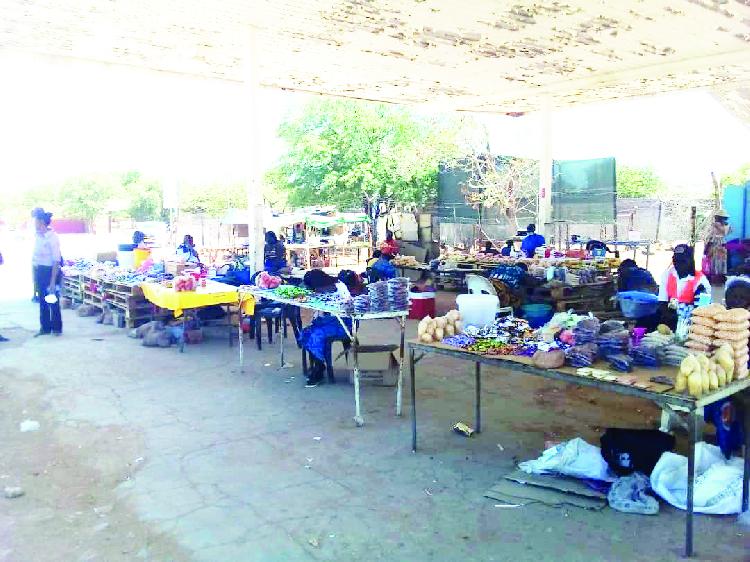Africa-Press – Namibia. THE Heritage Foundation’s 2021 Index of Economic Freedom has ranked Namibia in the top five countries in terms of economic freedom in 2021in sub-Saharan Africa.
Namibia’s overall score for the period under review stands at 62,6, which has been described as “moderately free”. The country is positioned at 83 out of 178 countries. The country, which forms part of the top five in sub-Saharan Africa, emerged fourth on the list.
Meanwhile, Mauritius remained the region’s freest nation in the 2021 index, and the only one considered “mostly free” in sub-Saharan Africa. However, chronic problems with government integrity still hold it back. That country’s overall score was 77, with it taking the 13th spot the world over.
Botswana was number two in the region, scoring 67,6 points or 51 the world over. Seychelles came third , scoring 66,3 points and at 60th spot out of 178 countries. Cote d’Ivoire came fifth with an overall score of 61,7 points and at position 91.
However, Tanzania missed the top five in sub-Saharan Africa after coming in the sixth spot, scoring 61,3 points and taking the 93rd spot. The Republic of Congo had the region’s most improved overall score in the 2021 index, which was just enough for the economy to escape from the lowest “repressed” category.
On the other hand, South Africa, with a solid improvement in judicial effectiveness, just missed making it back into the “moderately free” category in 2021. South Africa took the 99th spot out of 178 countries and scored 59,7 points.
According to the report, the data reported in the 2021 Index of Economic Freedom confirm the importance of economic freedom in promoting rapid growth and sustainable social progress.
“Citizens of ‘free’ or ‘mostly free’ countries enjoy incomes that are more than double the global average and more than six times higher than in ‘repressed’ economies,” according to the index.
SUB-SAHARAN AFRICA SCORES IN LOWER CATEGORIES The sub-Saharan African countries’ scores generally fall into the lower categories of economic freedom, although the region’s overall economic freedom climbed again this year.
The region’s scores on property rights, government integrity, and business freedom, however, are all lower than world averages by 10 points or more. Average gross domestic product per capita (US$3 998) is the lowest for any of the five global index regions.
Meanwhile, unemployment rose to 6,5%, a minor setback for the goal of reducing widespread underemployment and shrinking the region’s large informal sectors.
“As it stands, however, the region’s continuing underperformance reflects repeated failures to implement policy changes to improve the business and investment climates and strengthen the rule of law,” the index report noted.
The economic opportunities missed because of corruption and conflict represent a special tragedy for the region’s huge population of young people, who lose developmental ground that is increasingly difficult to make up as such conditions persist.
“Perhaps the most tragic consequence of the dearth of economic freedom in sub-Saharan Africa is its correlation with severe food shortages and poor nutrition, which in turn are directly and causally related to the region’s political instability, high infant mortality rates, disease outbreaks, childhood learning disabilities, and frequent famines,” the report added.
Moreover, in the longer term, foreign aid from developed countries cannot solve the food security problem in sub-Saharan Africa. “The solution to that problem — and the many other challenges in the region — is more economic freedom,” the report said.
For More News And Analysis About Namibia Follow Africa-Press






